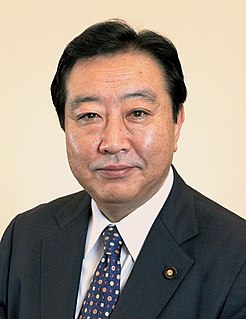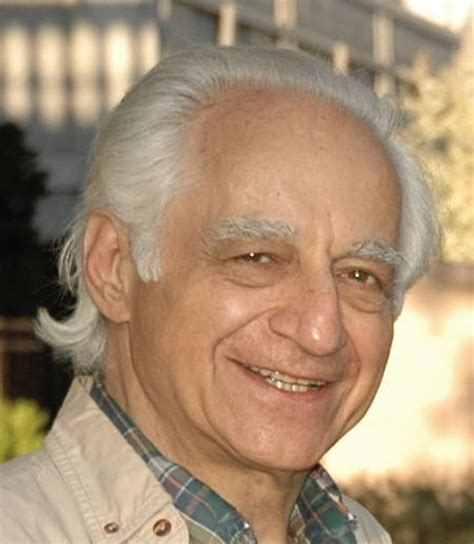A Quote by Lee Kuan Yew
Peace and security in the Asia-Pacific will turn on whether China emerges as a xenophobic, chauvinistic force, bitter and hostile to the West because it tried to slow down or abort its development, or whether it is educated and involved in the ways of the world - more cosmopolitan, more internationalized and outward looking.
Related Quotes
China, the world's most populous country, 1.3, 1.4 billion people, will in the next decade or so have to begin looking for people outside of China.What does this mean? China will have to become a much more welcoming society. It means that China will have to attract immigrants from other countries in order to slow the aging of the population.
"Once there, always there", would give you less freedom than you recently enjoyed, but more security. Security not in the sense of safety from terrorists, burglars, or pickpockets... but security in the sense of knowing where you are, who you are, on what kind of future you can count, what will happen, whether you will preserve your position in society or whether you will be degraded and humiliated - this sort of security. This sort of security for many, many people - a rising number of people - looks at the moment more attractive than more freedom.
We welcome the Obama administration's policy called the 'pivot to Asia' because it is a contributing factor to the safety and peace of the region. I think this pivot policy is playing an indispensable role in enhancing the deterrence of the U.S.-Japan alliance as well as ensuring peace and security in the Asia-Pacific region.
I will not sleep fine if Donald Trump wins and I will not sleep fine is Hillary Clinton wins. Whether you are looking at nuclear weapons, whether you are looking at expanding wars and their blowback, which will not stop as long as those wars continue to expand, or whether you're looking at the climate, in my view, we have no choice. This is an existential moment. We are deciding not only what kind of world we will have, but whether we will have a world or not. I think it's very important to get outside this box that tells us we are powerless, when in fact, we are powerful.
The vast Pacific Ocean has ample space for China and the United States. We welcome a constructive role by the United States in promoting peace, stability and prosperity in the region. We also hope that the United States will fully respect and accommodate the major interests and legitimate concerns of Asia-Pacific countries.
The more we try to fix the security situation, the more we will drive these people, particularly the Pashtun, into implacable opposition. And whether the military solution is more bombing from Predators or from F-16s or more special forces on the ground, you know, attacking villages and inadvertently killing lots of civilians, it doesn't matter. As long as security comes first, the mission will fail because these people are sick and tired of a government that's oppressing them and a foreigner who's killing them.
History's villains are more easily recognized in retrospect. In an article published in 1935 and reprinted in 1937, Winston Churchill expressed a curious ambivalence towards the German chancellor prior to the outbreak of war: We cannot tell whether Hitler will be the man who will once again let loose upon the world another war in which civilization will irretrievably succumb, or whether he will go down in history as the man who restored honour and peace of mind to the great Germanic nation. . . .
The United States is looking at a way to launch peace with a disarmed Iraq. And so we are studying the declaration that Iraq submitted. Other members of the security council are studying the declaration, as is Unmovic and IAEA, and I would not make a judgment as to whether or not the declaration will be found deficient and whether or not that might lead to a material breach and whether or not, if it did, that would lead to action on the part of the United Nations.
At this moment in history, millions of 'working dads' are desiring to do what they do not feel they have the right to do: be more devoted as a dad, less devoted as a worker. This feeling is far more ubiquitous among men executives than women executives in many areas of the world because, for instance, Asia-Pacific women executives today are more than six times as likely to not have children than men executives are. The Asia-Pacific executive man is about six times as likely to be a working dad as an executive woman is to be a working mom.










































